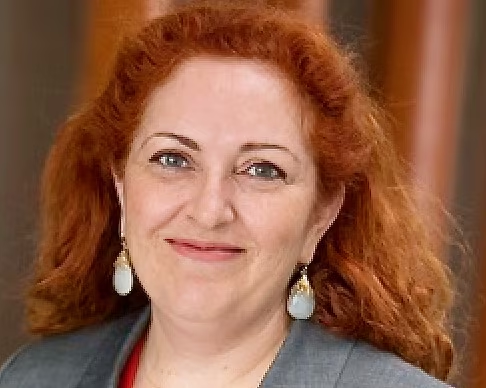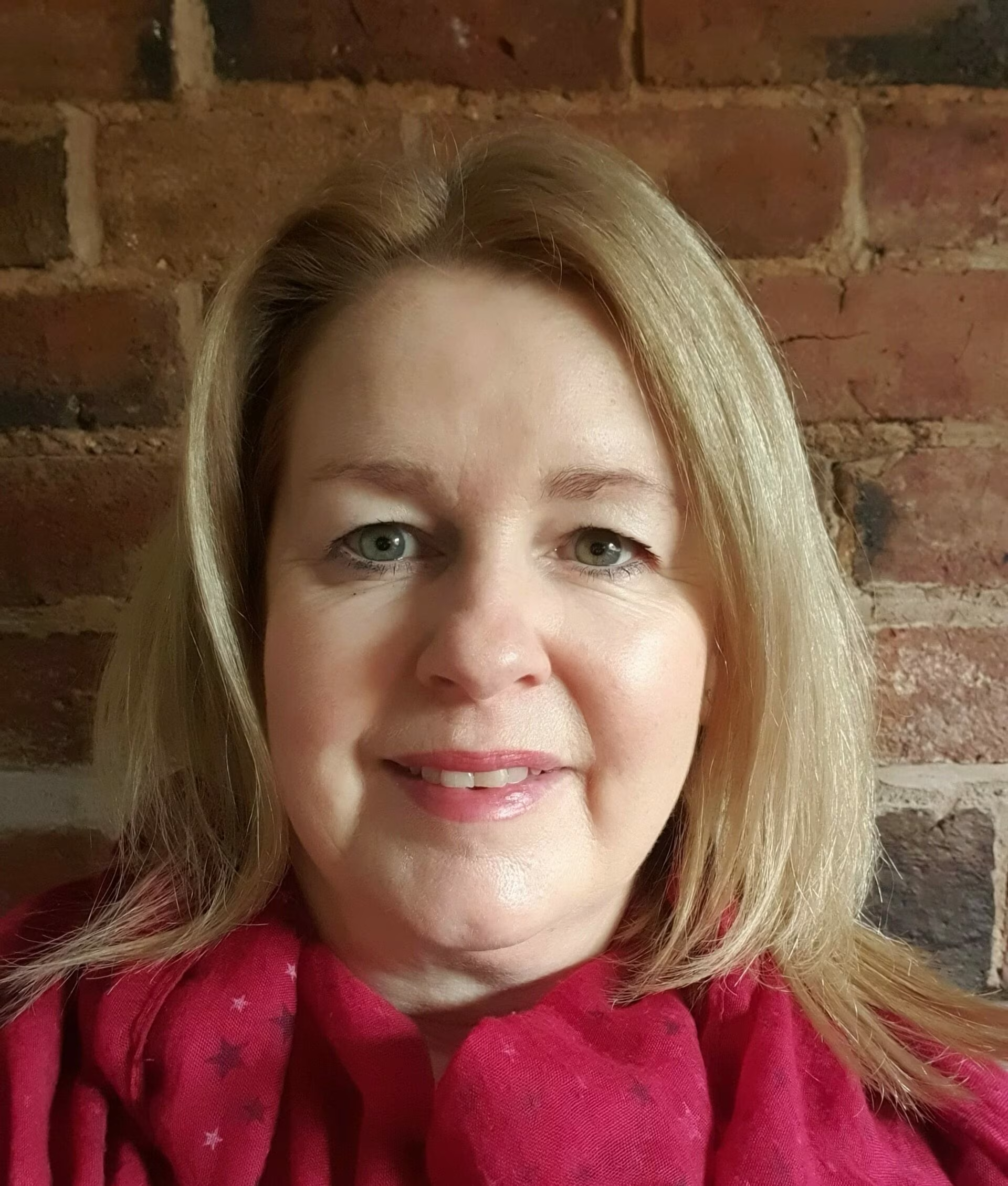touchMDT Management of severe paediatric asthma: From hospital to home
Members of the MDT and a patient advocate discuss the optimal management of severe asthma in children
Overview & Learning ObjectivesChild with severe asthma and their parents or carers
Paediatric pulmonologist, paediatric immunologist, primary care physician and patient advocate
Watch members of the MDT and a patient advocate discuss the challenges of diagnosing severe type 2 asthma in children.
Expert Spotlight
Dr Atul Gupta, Dr Wanda Phipatanakul and Dr Ioanna Tsiligianni discuss the challenges of diagnosing severe type 2 asthma in children; they are joined by Ms Monique Cooper, who provides her perspective as the parent of a child with severe asthma, and together they highlight unmet needs for patients.
Learn more Back to MDT HubPaediatric immunologist, paediatric pulmonologist and patient advocate
Members of the MDT discuss with a patient advocate the use of biologics in children with severe asthma and their impact on the quality of life of patients and their family.
Expert Spotlight
Dr Wanda Phipatanakul and Dr Atul Gupta provide practical insights on the use of biologics to treat children with severe type 2 asthma; in addition, Ms Monique Cooper shares her experience as the parent of a child with severe asthma and discusses the impact that biologics had on her son’s life.
Learn more Back to MDT Hub
Paediatric immunologist, primary care physician, paediatric pulmonologist and specialist asthma nurse
Watch members of the MDT discuss how they coordinate their efforts to optimize the management of paediatric patients with severe asthma.
Expert Spotlight
Dr Wanda Phipatanakul, Dr Ioanna Tsiligianni, Dr Atul Gupta and Ms Viv Marsh share their views on how different members of the multidisciplinary team can work together to optimize the management and care of children with severe asthma.
Learn more Back to MDT HubPrimary care physician, paediatric immunologist, specialist asthma nurse and patient advocate
Watch members of the MDT and a patient advocate discuss the best practices to support families of children with severe asthma.
Expert Spotlight
Dr Ioanna Tsiligianni, Dr Wanda Phipatanakul and Ms Viv Marsh discuss with Ms Monique Cooper, the parent of a child with severe asthma, how the multidisciplinary team can work with parents and carers to optimize treatment outcomes.
Learn more Back to MDT Hub





